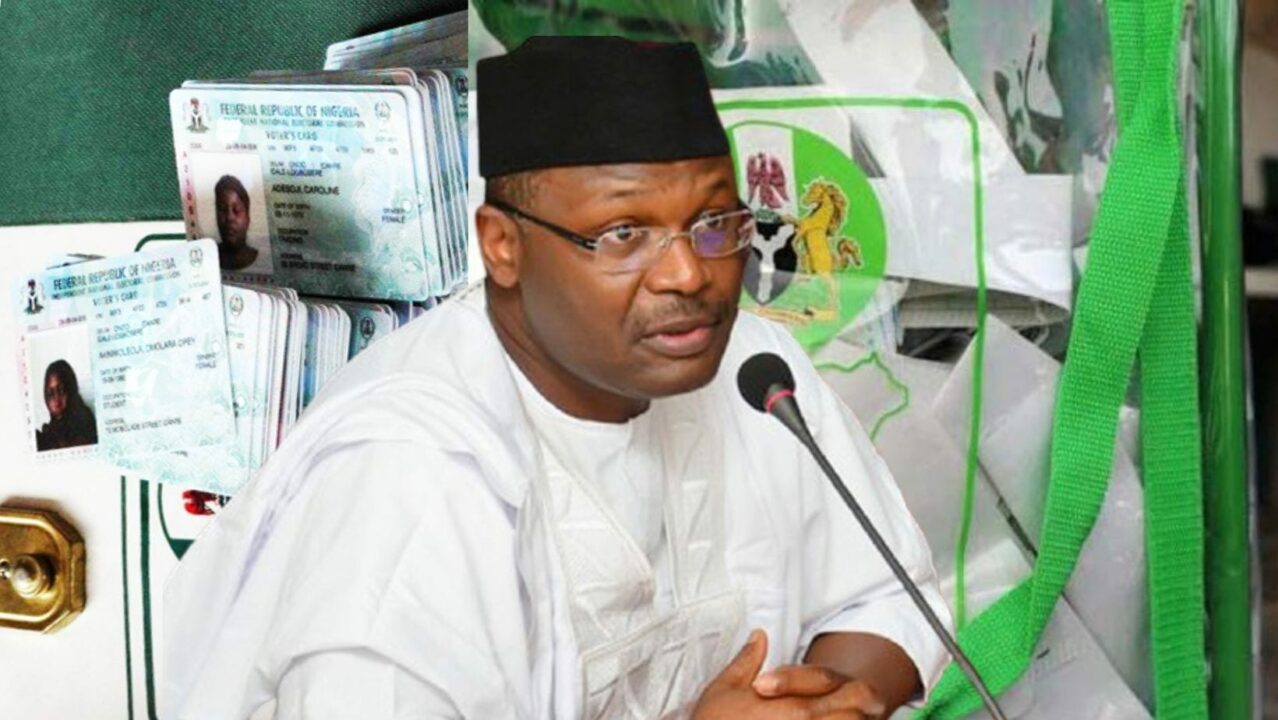Court has rejected Peter Obi’s request to stop INEC from reconfiguring BVAS.
Newsone reports that the court of appeal sitting in Abuja, the nation’s capital, has refused to restrain the Independent National Electoral Commission (INEC) from reconfiguring the bimodal voter accreditation system (BVAS) ahead of the governorship and state assembly elections.
This online news platform understands that a three-member panel of the court of appeal led by Joseph Ikyegh in a ruling delivered on Wednesday, March 8, 2023, held that restraining the electoral commission would constrain INEC from conducting the March 11 elections.
Newsone Nigeria reports that the presidential candidate of the Labour Party (LP), Peter Obi had in an application, sought an order of the court “restraining the 1st respondent (INEC) from tampering with the information embedded in the BVAS machines until the due inspection is conducted and certified true copies (CTC) of them issued”.
However, the Court agreed with INEC that information on accreditation contained in the BVAS devices had been uploaded into its backup server and could be accessed at any time.
The Appellate Court predicated its agreement with INEC on the ground that all averments in the counter affidavit of the Electoral body were not challenged. The Court said that granting the request of Obi and the Labour Party would tie down the hand of INEC in the conduct of Saturday’s governorship election.
The Court further held that the claims of INEC that information on the BVAS devices cannot be tampered with during uploading was not attacked by Obi and as such, deemed authentic.
According to the court, allowing the objections by Obi and his party would amount to “tying the hands of the respondent, INEC.”
Besides, it noted that INEC had in an affidavit it filed before the court, assured that the accreditation data contained in the BVAS could not be tampered with or lost, as they would be stored and easily retrieved from its accredited back-end server.
It further observed that neither Obi nor LP controverted the depositions in INEC’s affidavit, stressing that since such averments were not challenged, it amounted to admission by the applicants.
Nevertheless, the court ordered INEC to allow the applicants to inspect and carry out digital forensic examination of all the electoral materials used in the conduct of the elections, as well as to avail them the Certified True Copy, CTC, of result of the physical inspection of the BVAS.
Meanwhile, Newsone recalls that Peter Obi and his party had in their application marked: CA/PEC/09m/23, sought permission to be allowed to conduct physical inspection of all the BVAS that were used for the presidential poll.
The applicants, through their team of lawyers led by Dr. Onyechi Ikpeazu, SAN, said the essence of the application was to enable them to extract data embedded in the BVAS, “which represent the actual results from Polling Units.”
They specifically applied for; “leave to carryout digital forensic and physical inspection of BVAS, etc”, as well as to obtain the Certified True Copy, CTC, of all the data in the BVAS.”
While opposing the application, INEC told the court that there were a total of 176,000 BVAS that were deployed to polling units during the presidential election.
“Each polling unit has its own particular BVAS machine which we need to configure for the forthcoming elections.
“It will be very difficult for us, within the period, to reconfigure the 176, 000 BVAS.
“We have already stated in our affidavit that no information in the BVAS will be lost as we will transfer all the data in the BVAS to our back-end server.
“We need the BVAS configured. So, granting this application will be a cog in the process and may delay the conduct of the elections,” INEC’s lead lawyer, Tanimu Inuwa (SAN), pleaded.






